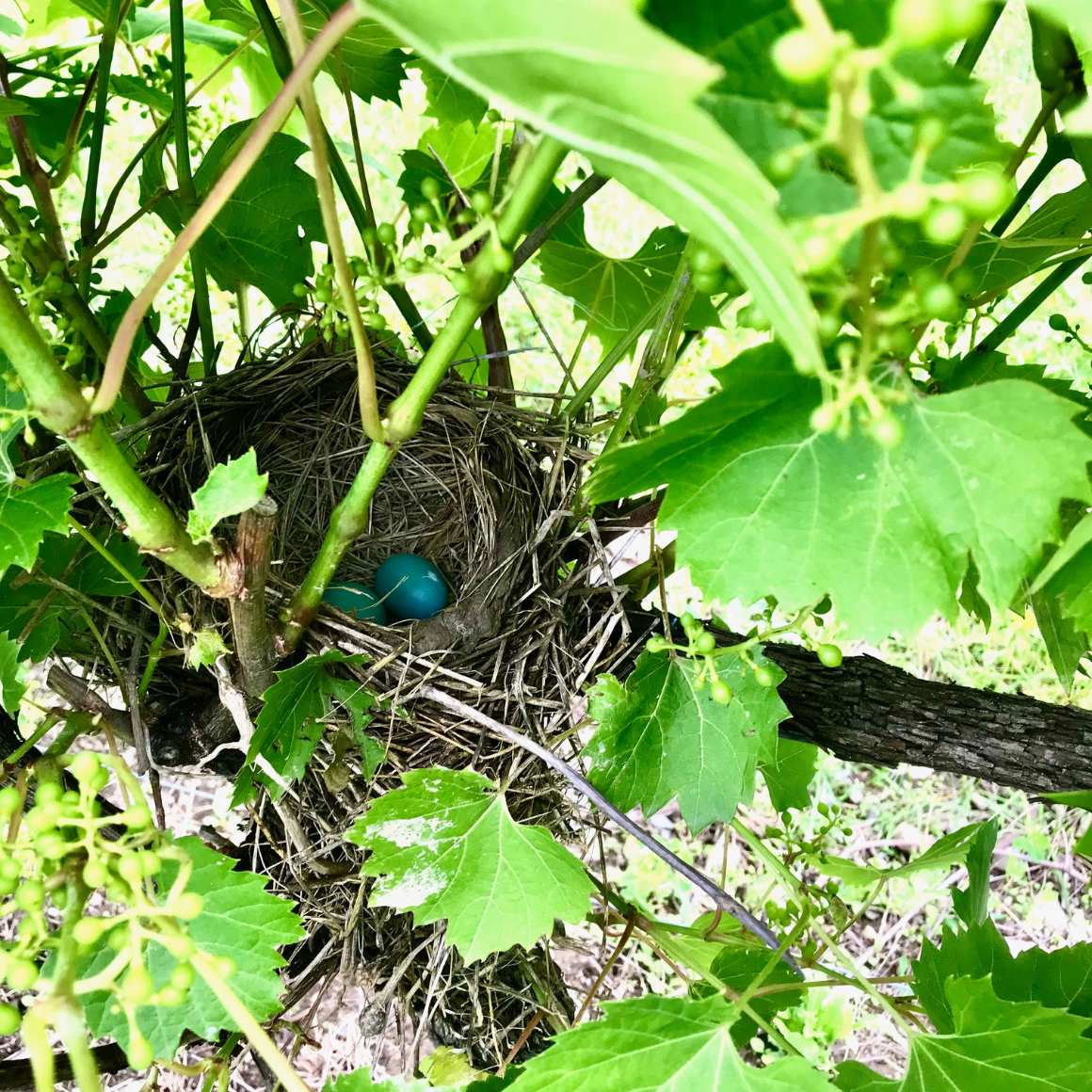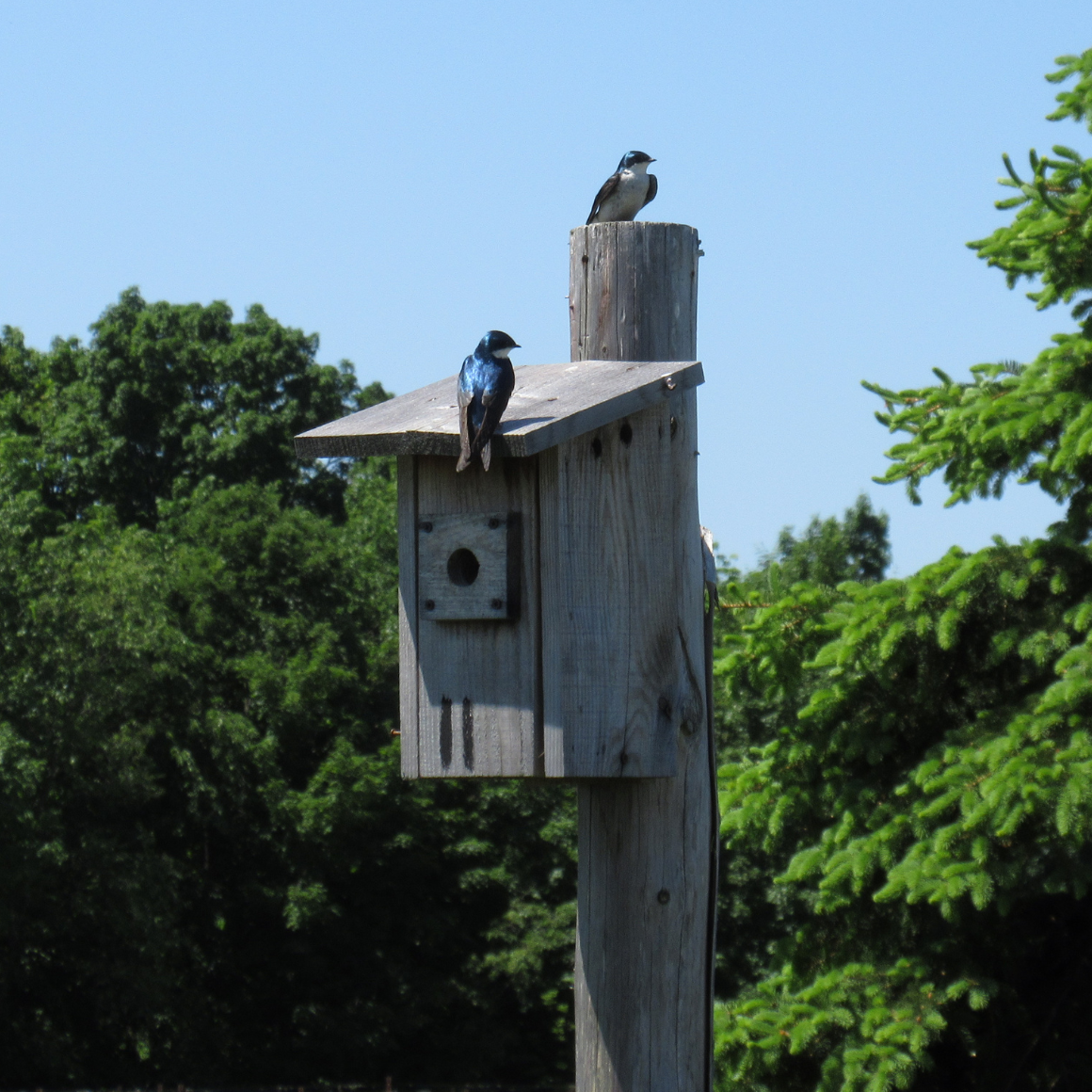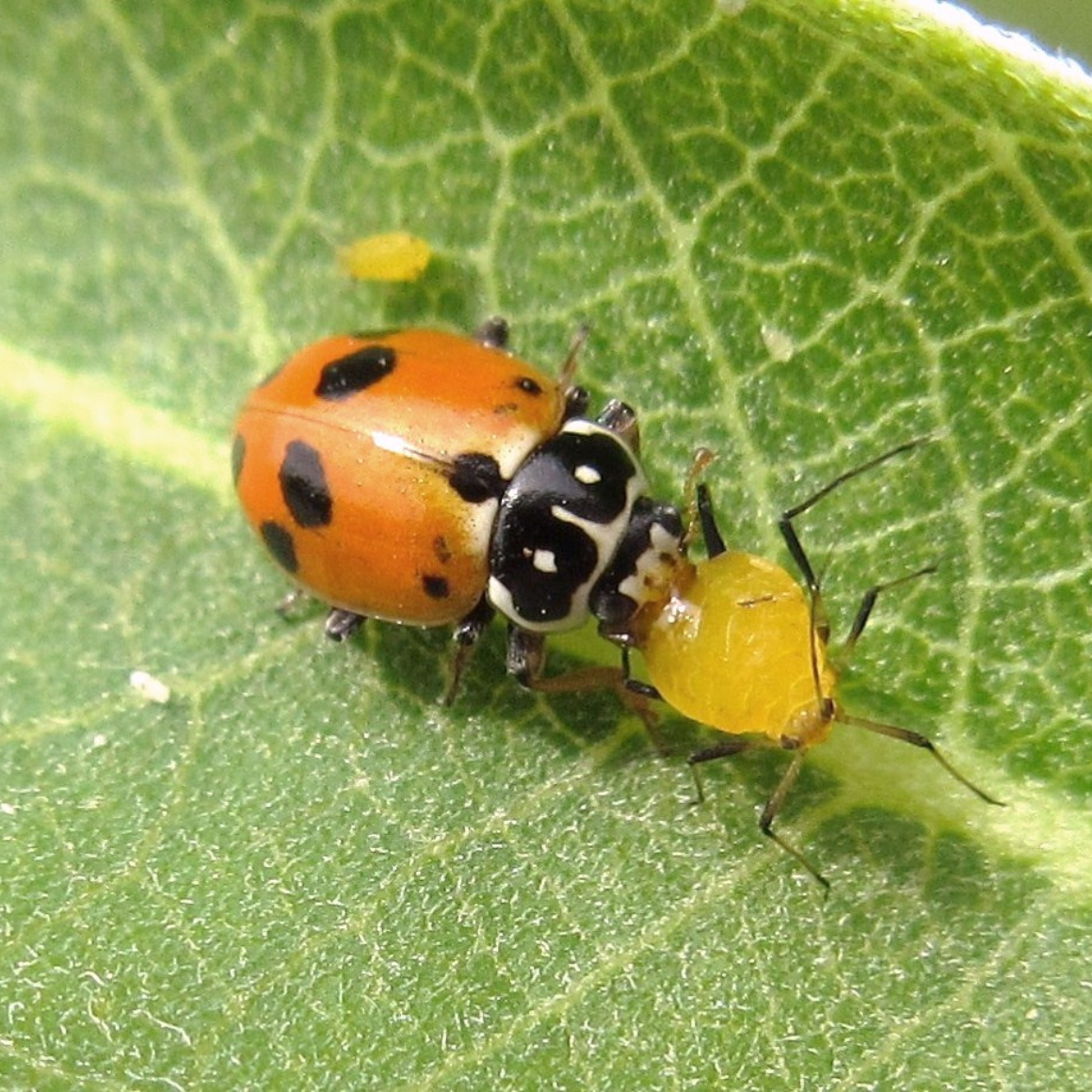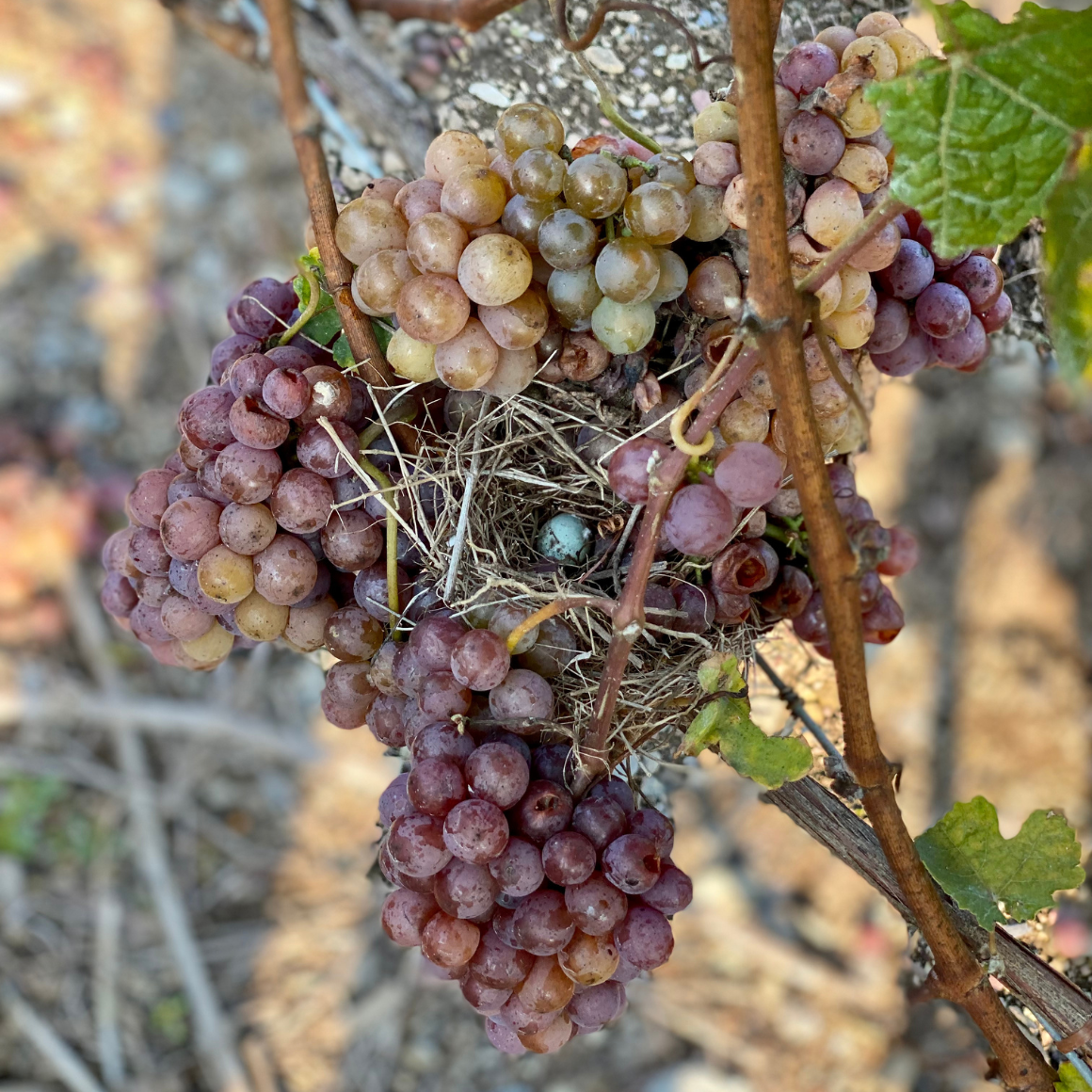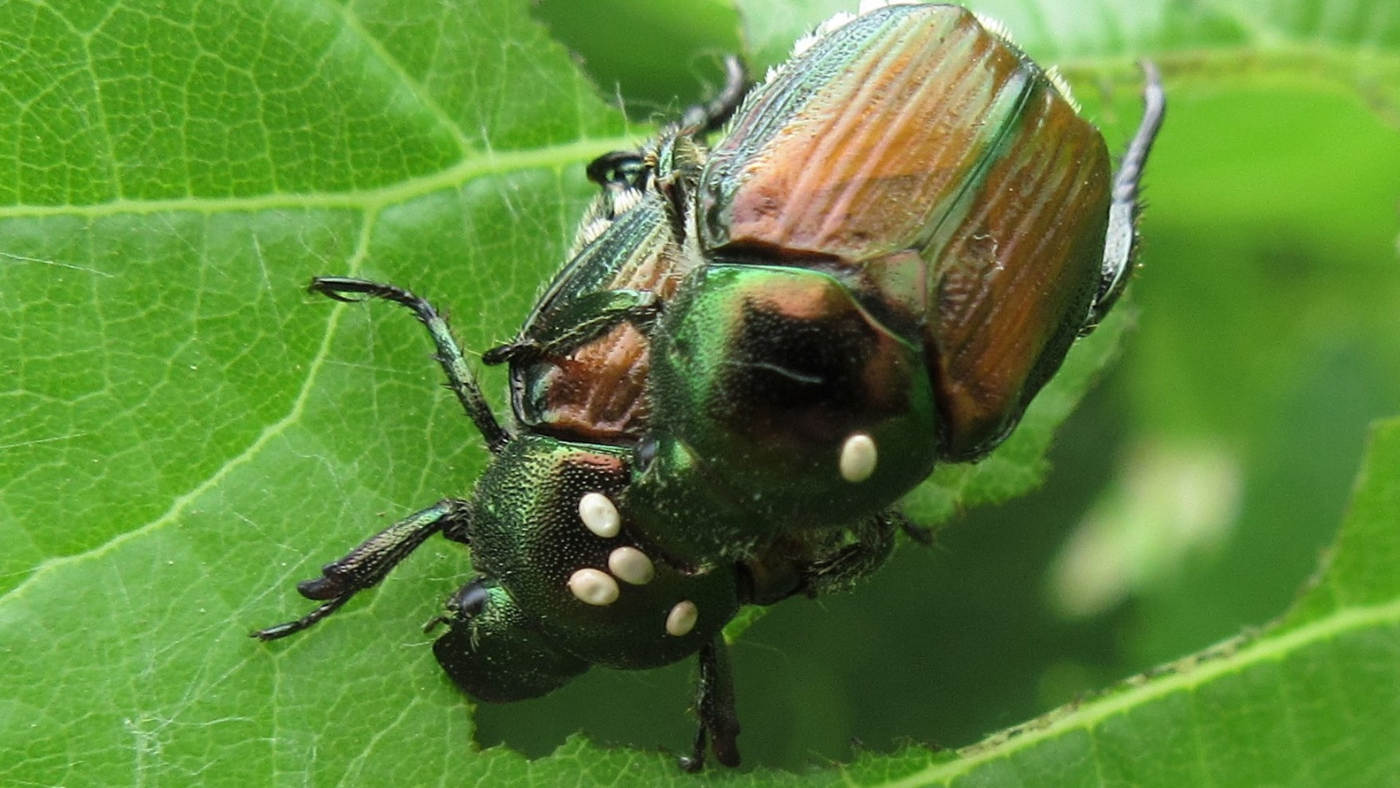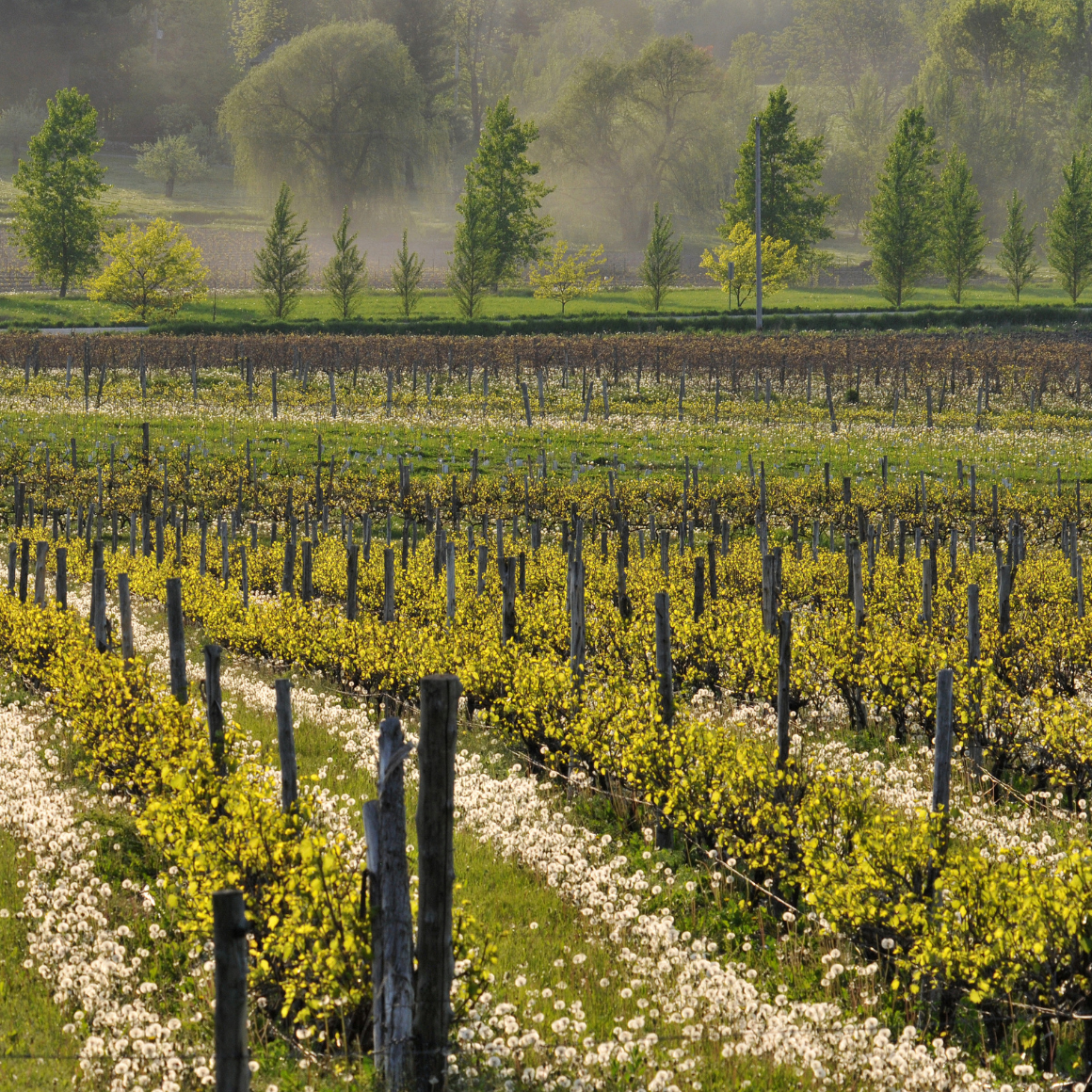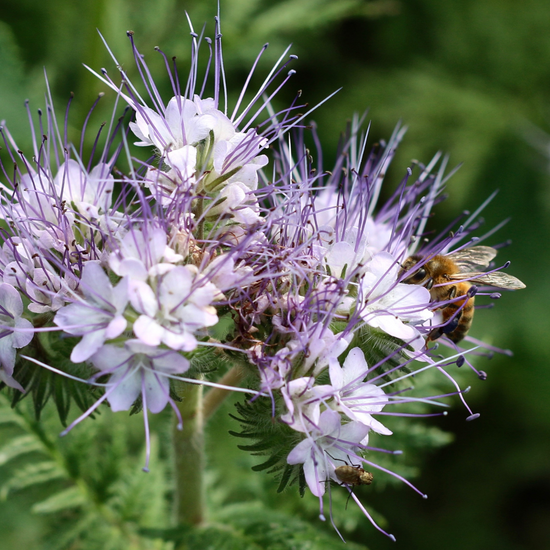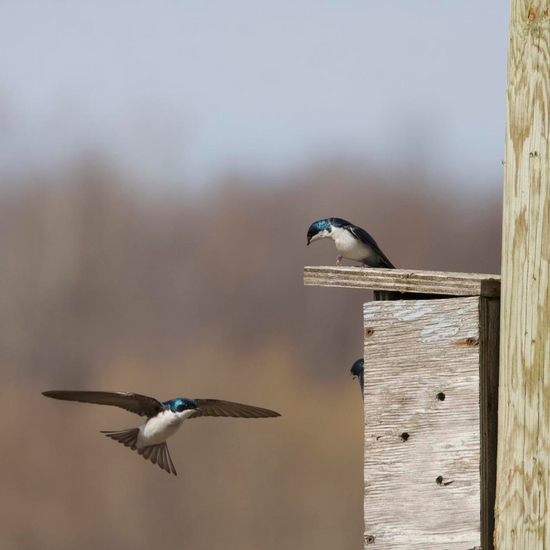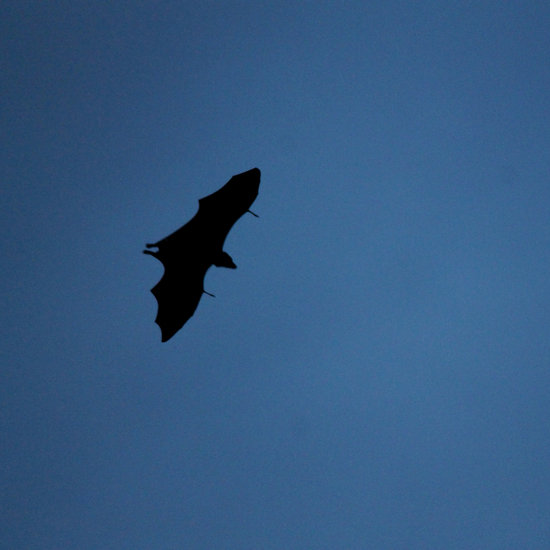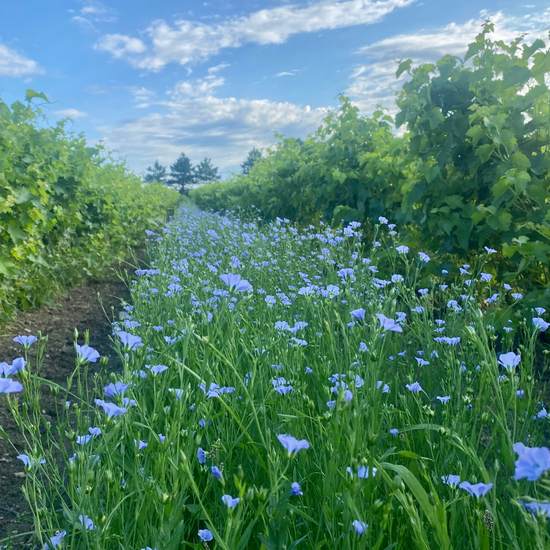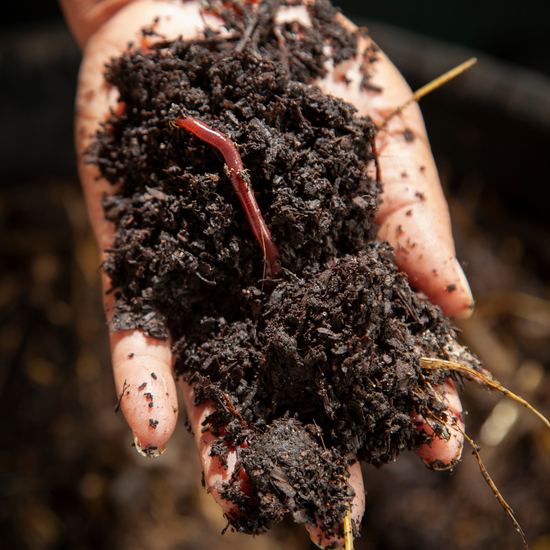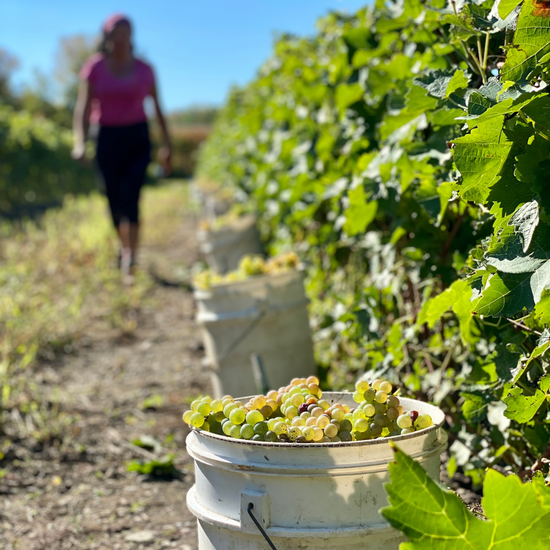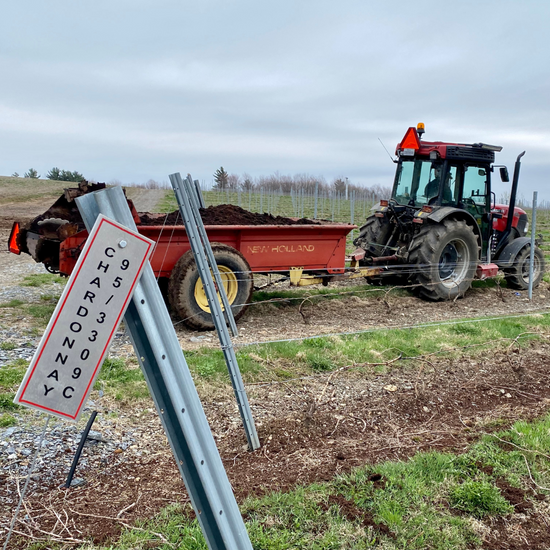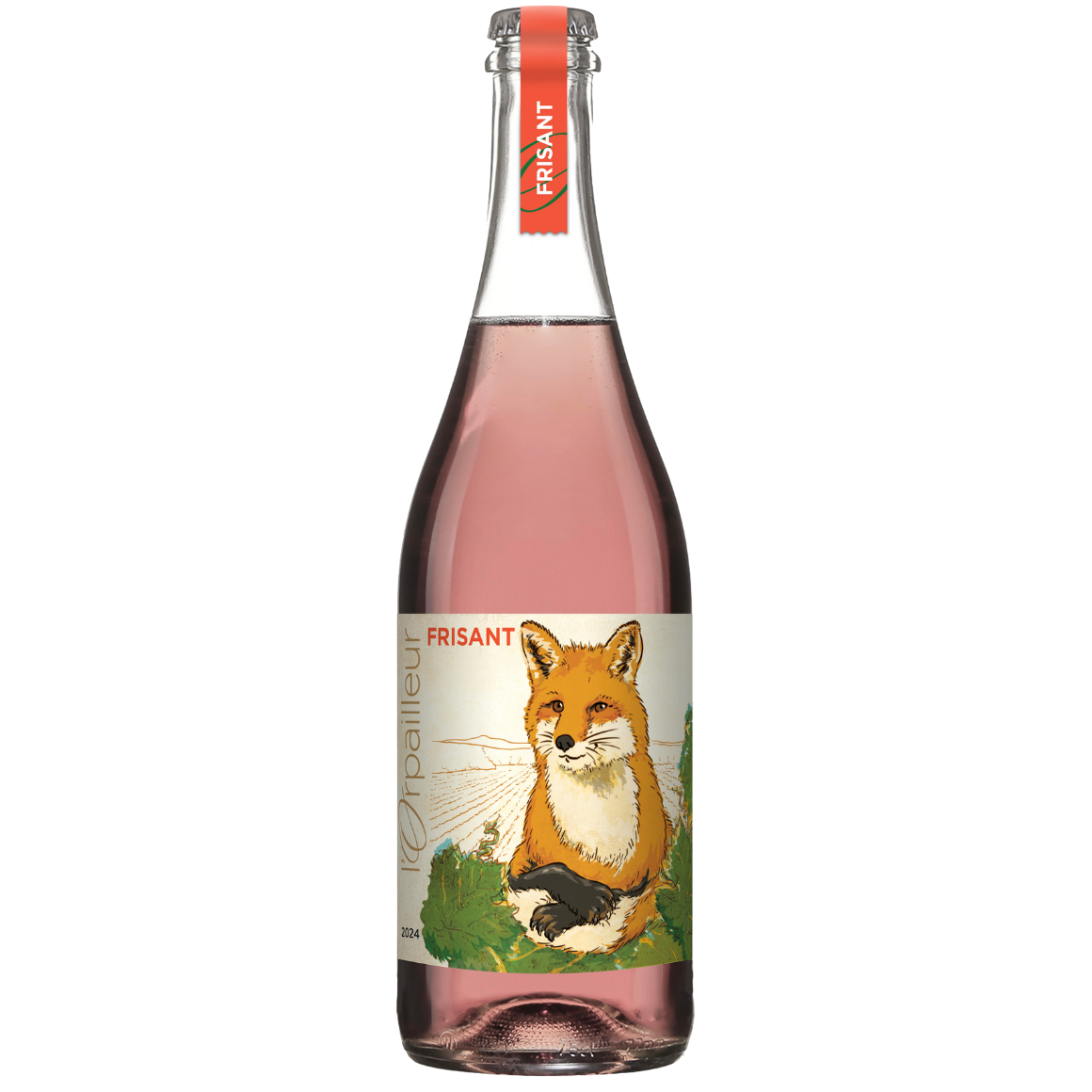Reasoned culture
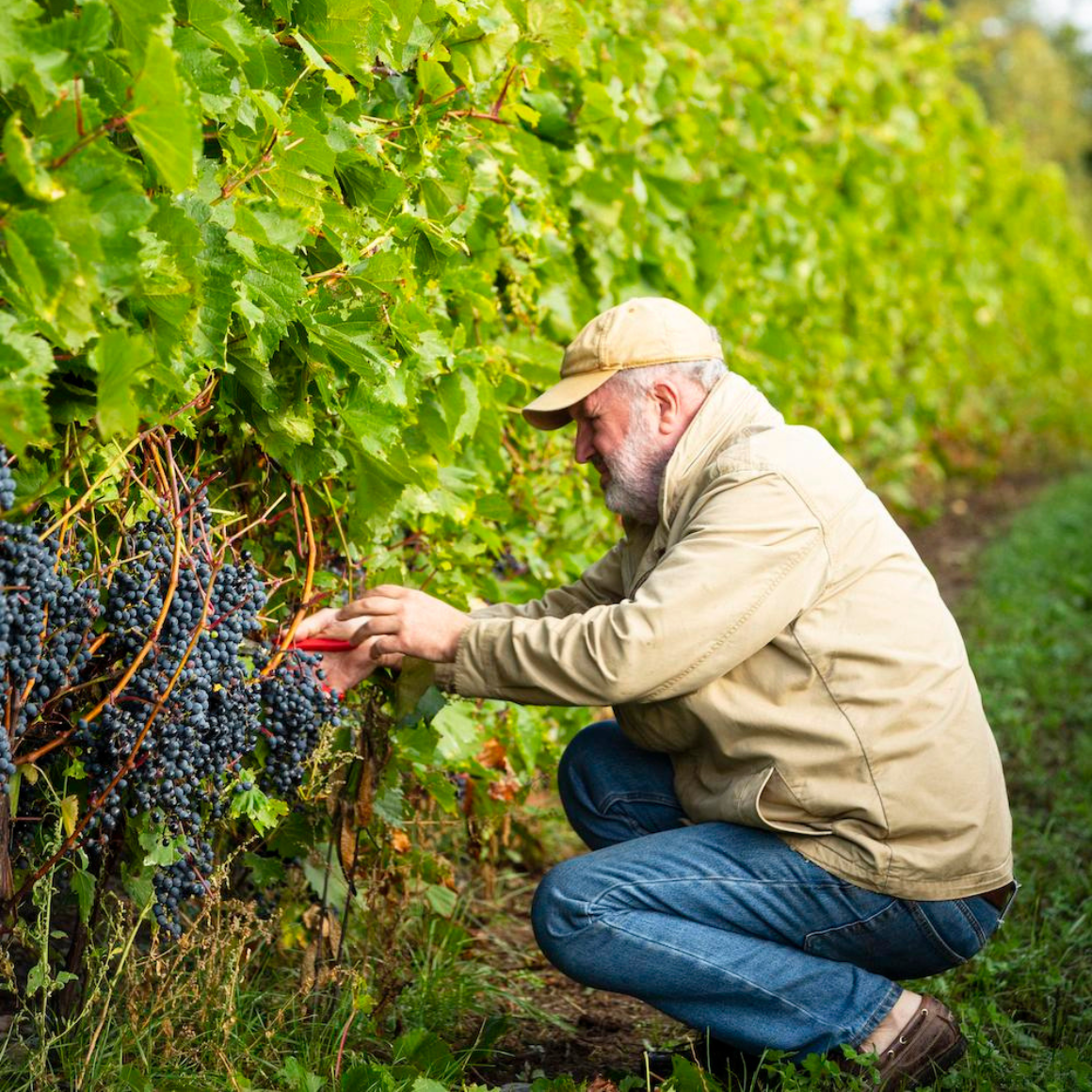
Pioneer of sustainable viticulture in Quebec
Since the first days, the Vineyard has been managed with knowledge, rigor and good farming sense.
The reasoned culture of the vine requires thinking about each intervention according to the realities of the moment. It reconciles respect for the environment and the economic sustainability of the company, because there is no sustainable viticulture without viable exploitation.
Since 1996, we have been using methods that aim to increase the biodiversity of the Vineyard and improve the health of our soils.
We help biodiversity to help us
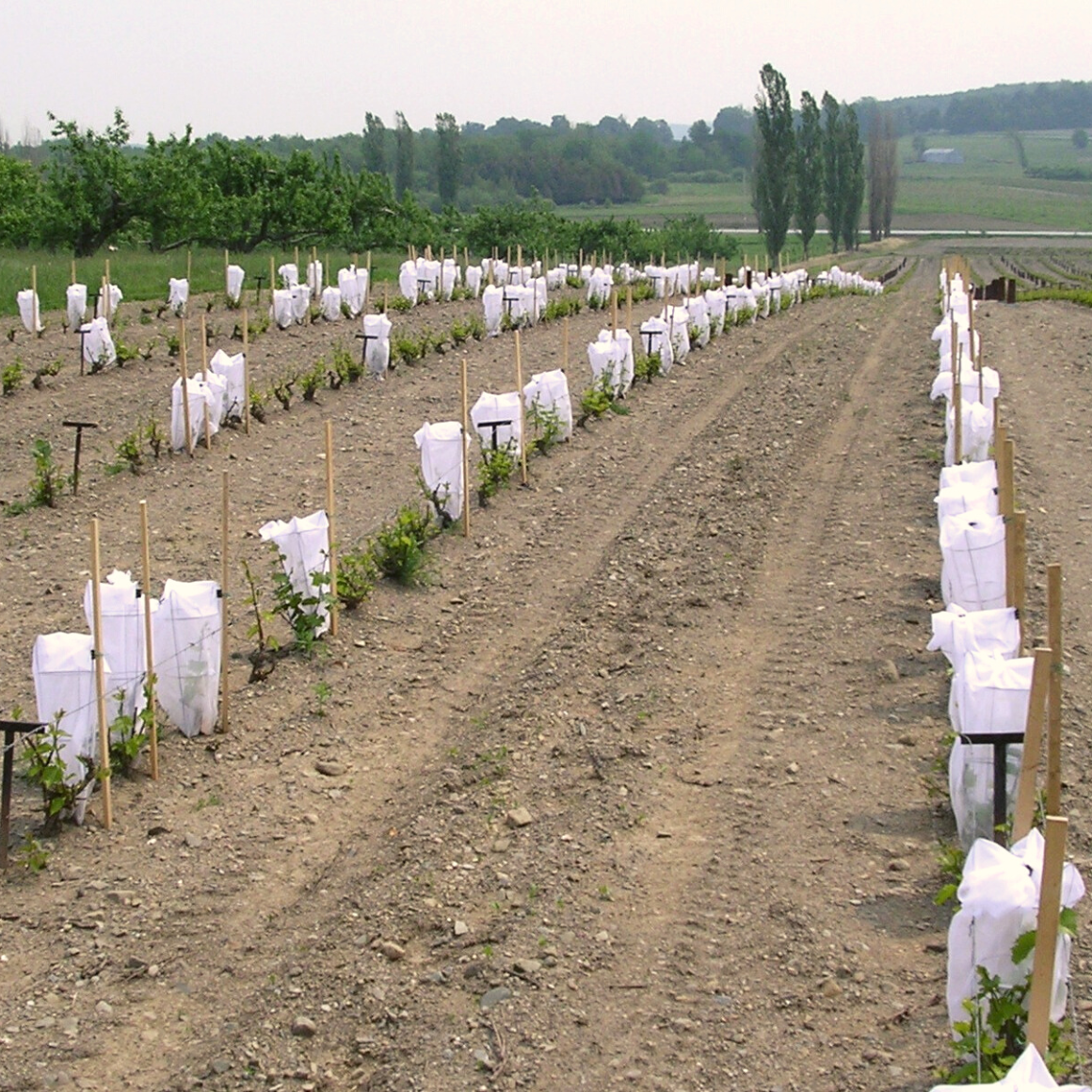
Research and development
Since 1995, the Orpailleur has actively participated in research on its biodiversity.
We have participated in studies on the dynamics of insect pests, predatory insects and vine diseases.
Thanks to these years of research, we can notably measure, quantify and evaluate the potential impact of each insect on the future harvest.
Improving the life of our soils
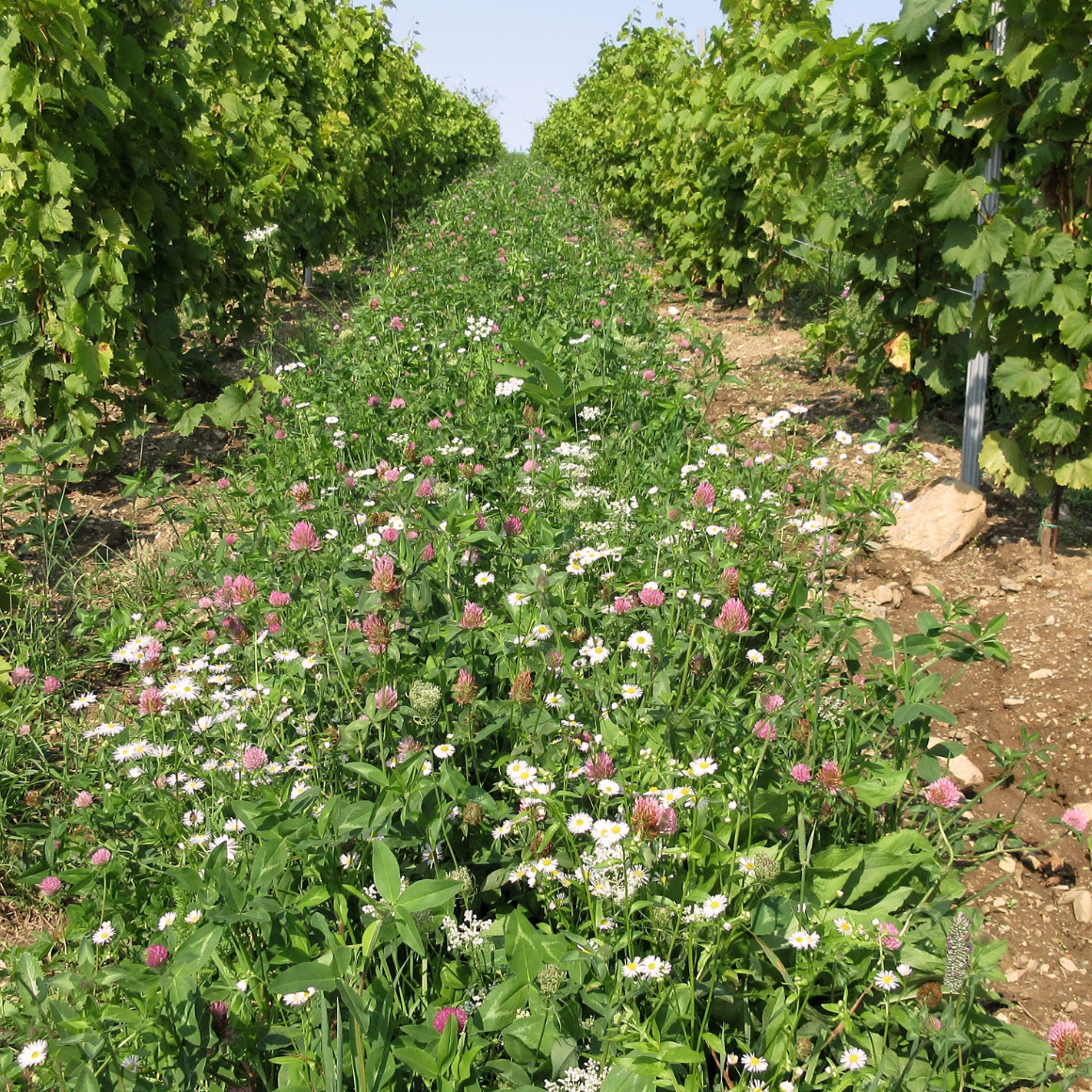
Encourage wildflowers
We maintain floral bands around the Vineyard and between the plots of vines. These wild flowers are essential feeding sites and refuges for beneficial insects, mites and spiders which ensure the natural repression of insect pests of the vine.
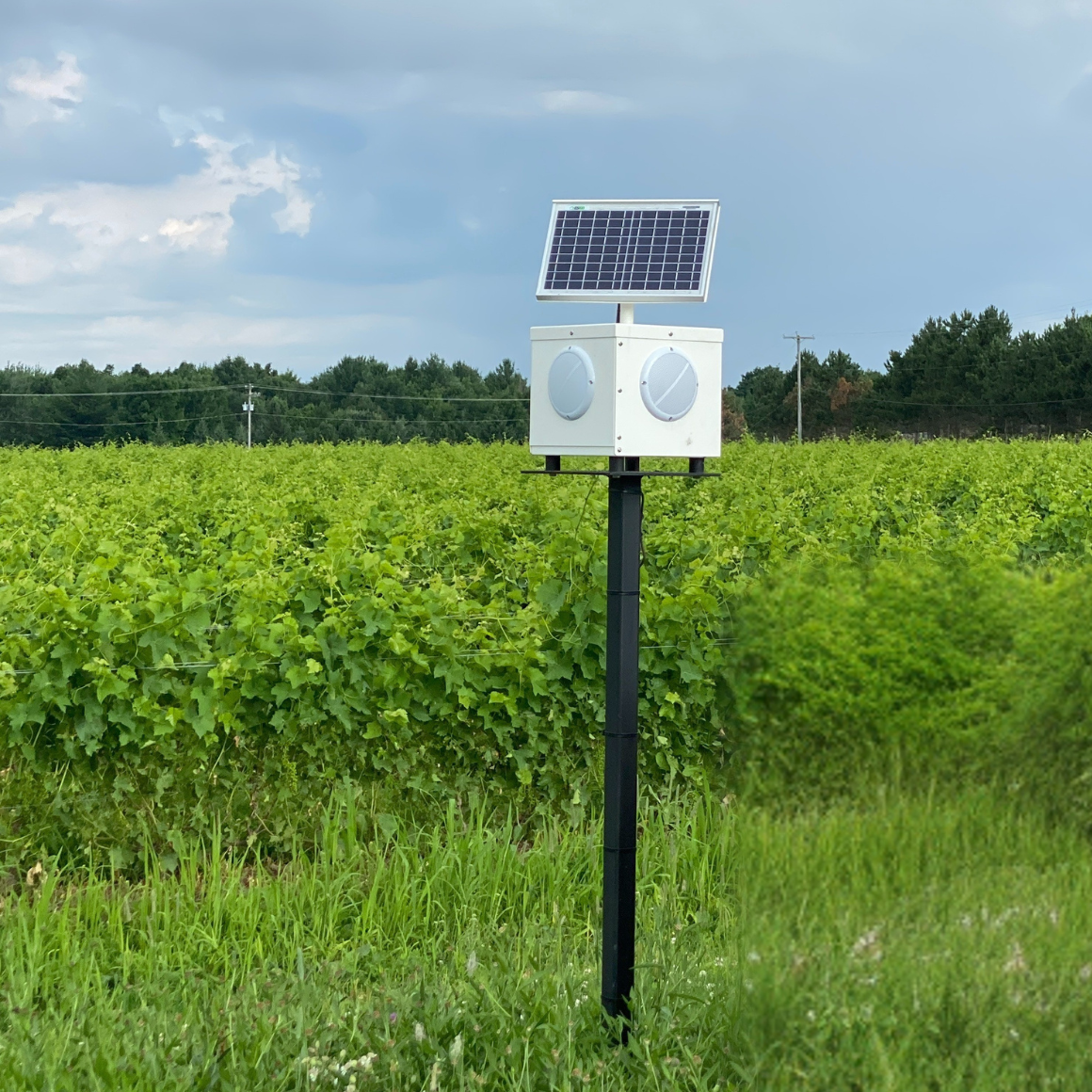
La génodique: la musique au service de la vigne
Depuis le printemps 2025, une douce mélodie résonne dans deux de nos parcelles : la génodique. Développée en France et expérimentée pour la première fois au Québec à l’Orpailleur, cette méthode utilise des protéodies – séquences musicales qui stimulent les défenses naturelles de la vigne.
Une alliance entre science, musique et nature, qui témoigne de notre volonté de cultiver la vigne en harmonie avec le vivant.
Tribute to our natural allies with the Orpailleur Frisant
l'Orpailleur Frisant
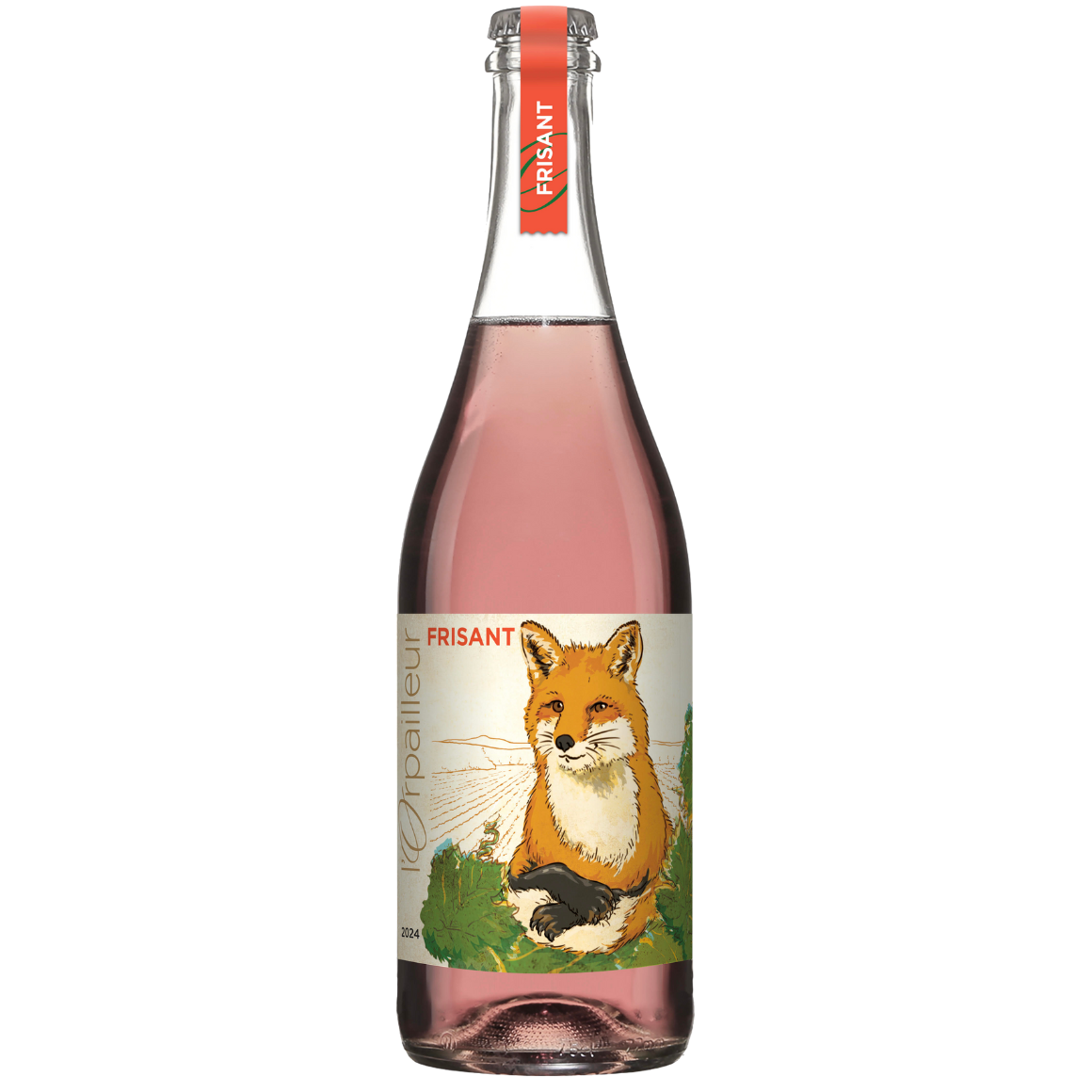


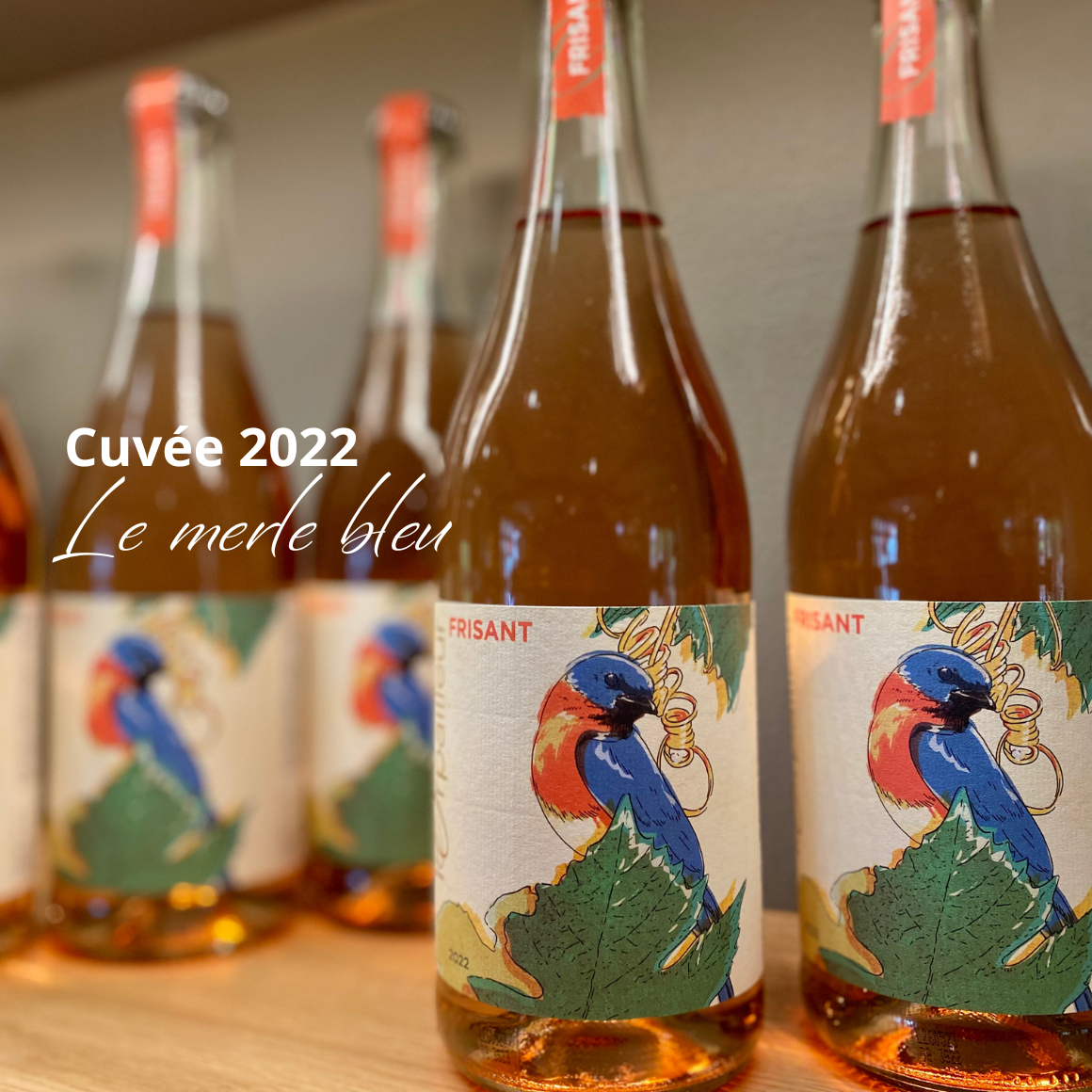


Nature at work
